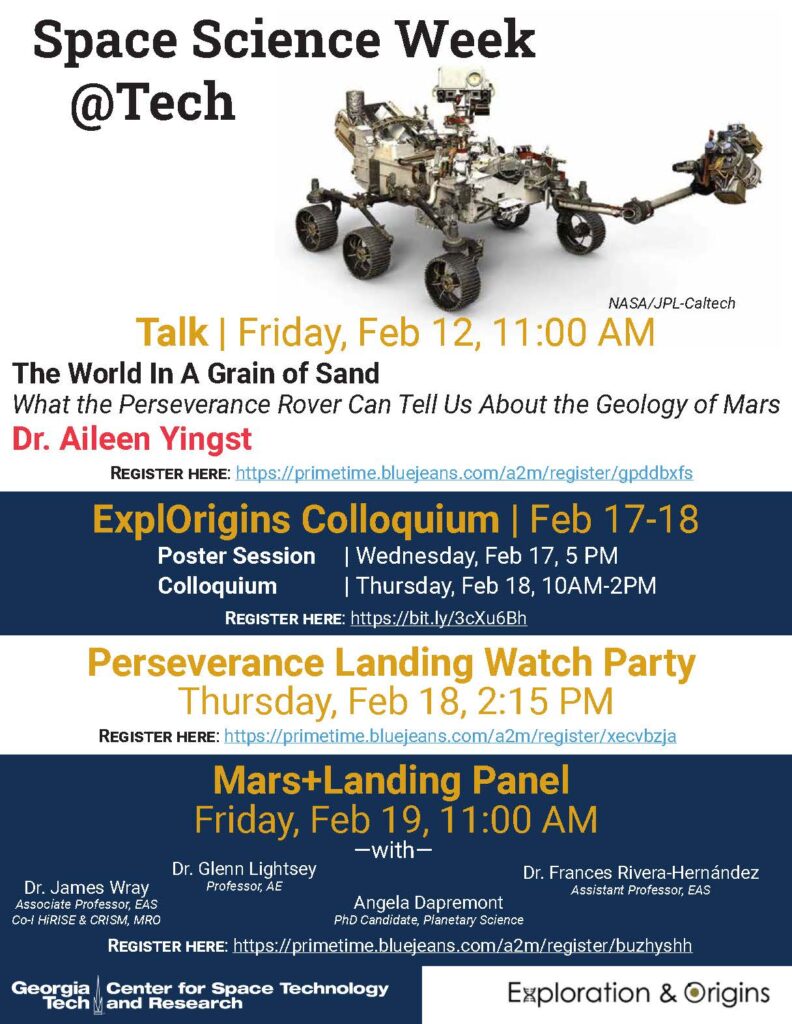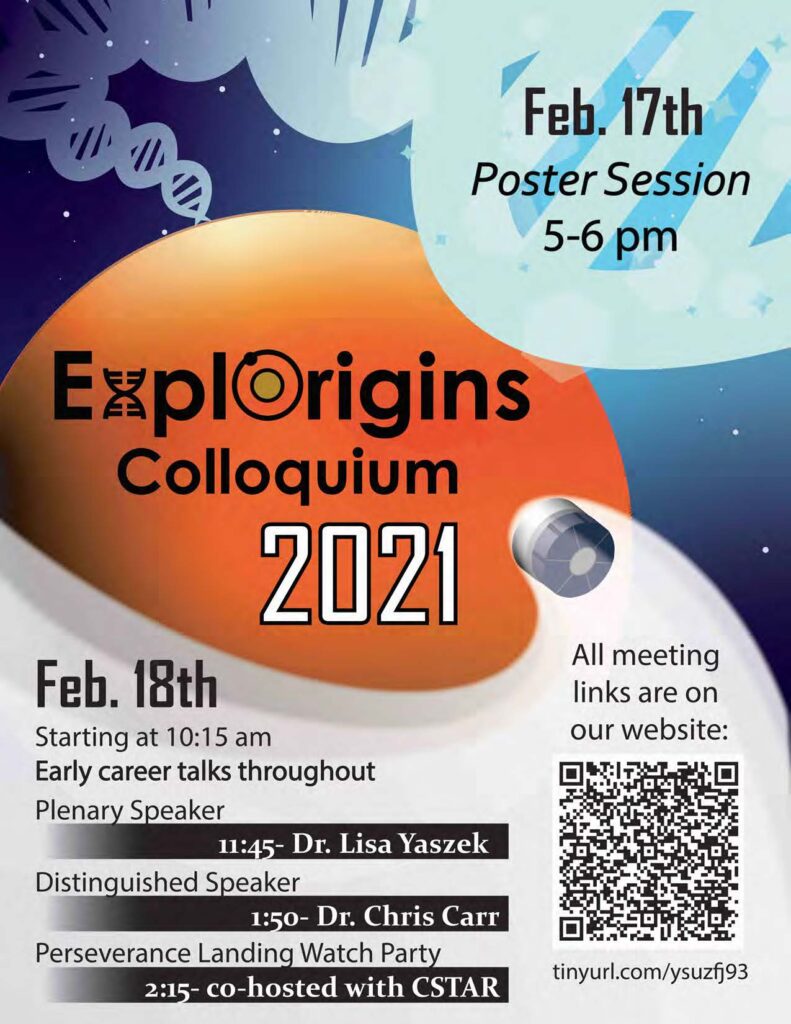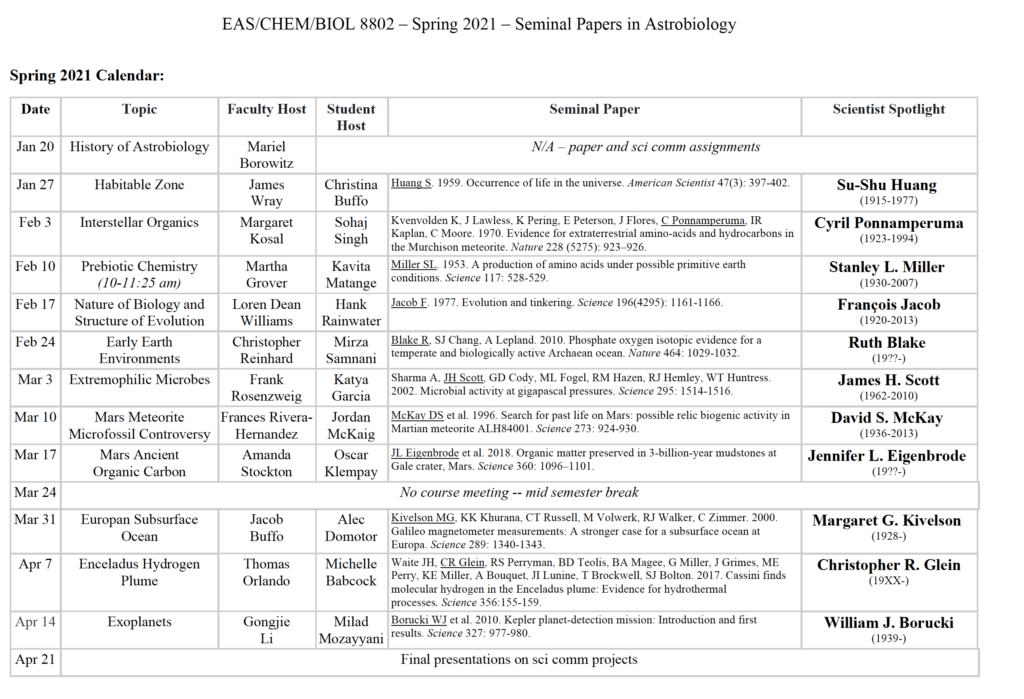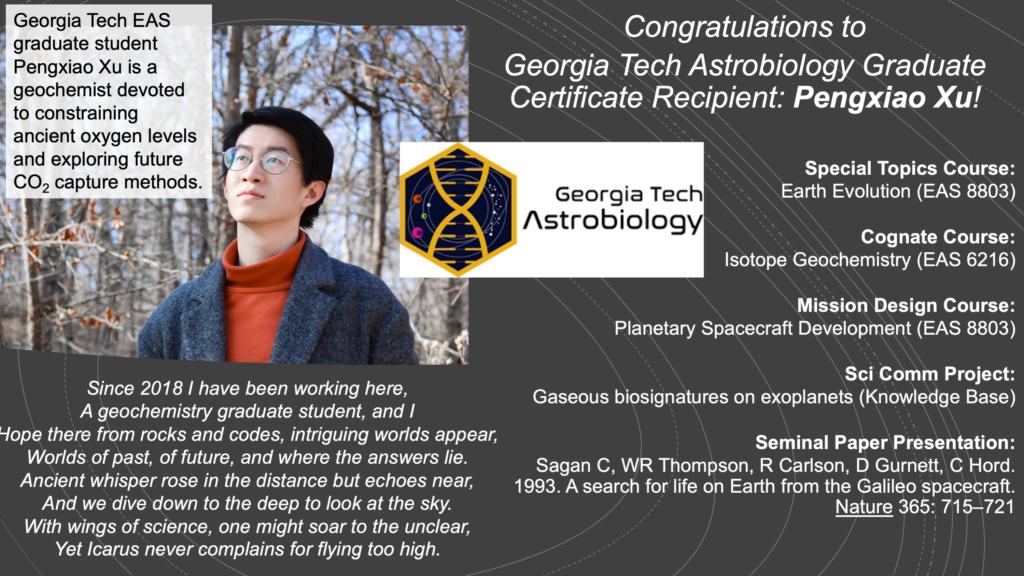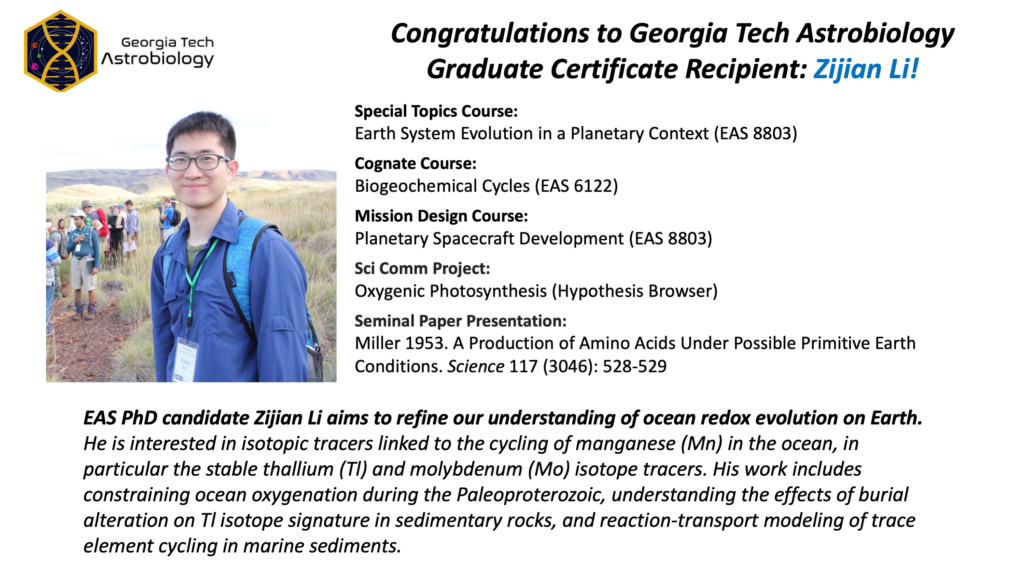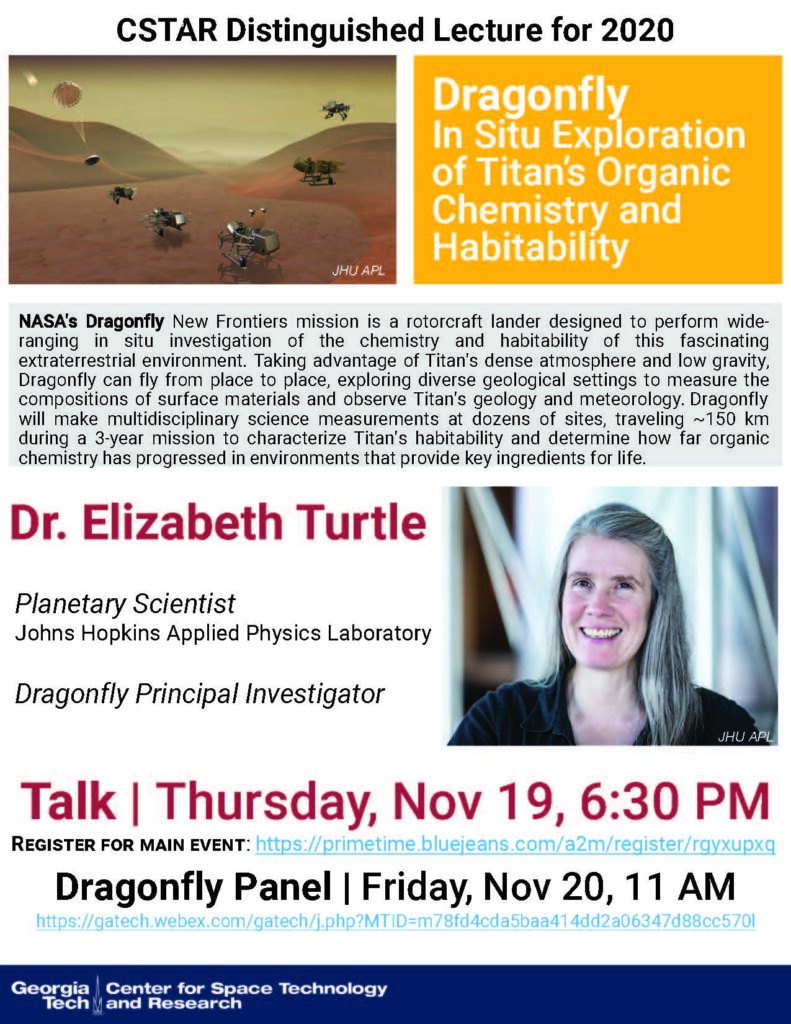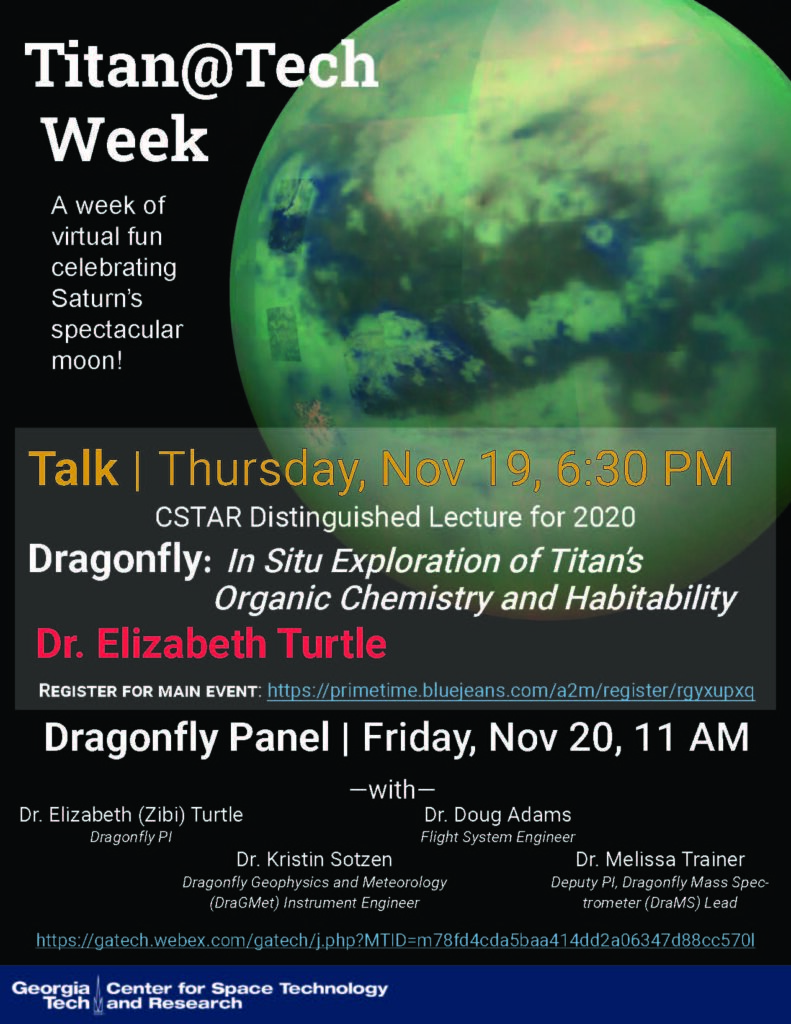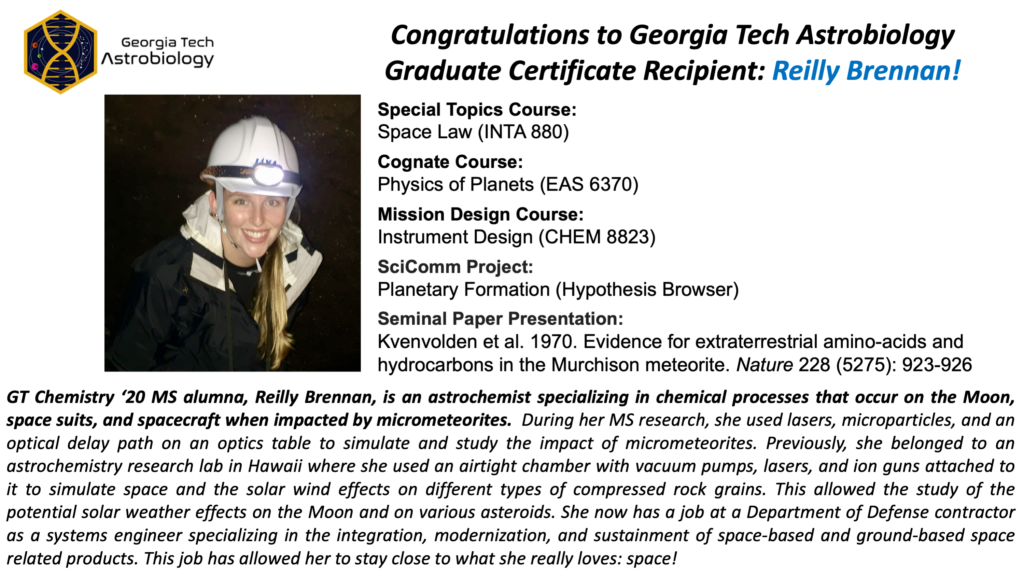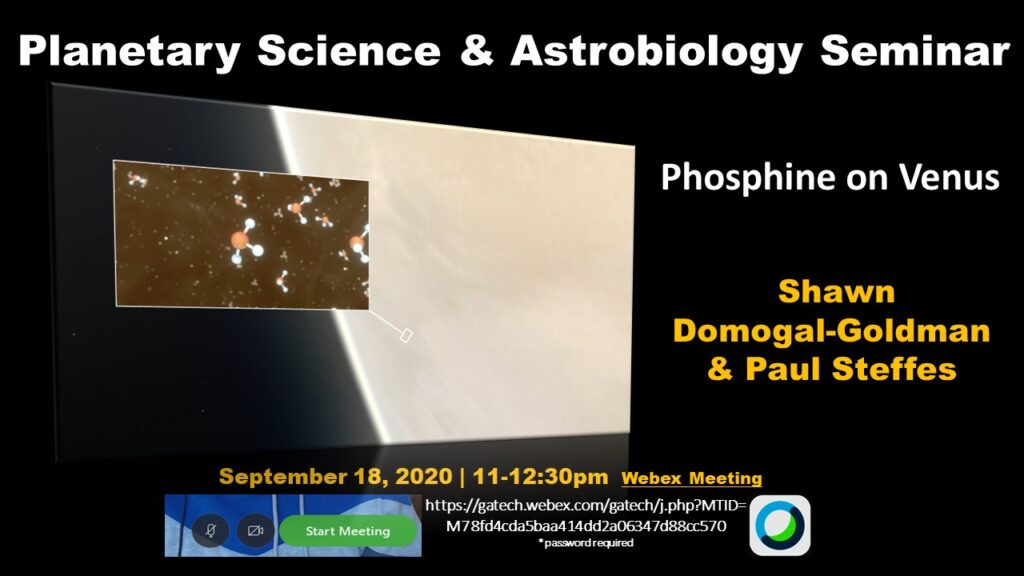Registration is free and required to attend. You will receive an email with log-in after being approved. There is no cost to register. Register here: http://prebioticchem.org/workshop/workshop.html
The workshop is designed to cross-pollinate between different areas of research addressing origins of life, including early earth geoscience and prebiotic chemistry. This workshop will foster intellectual cooperation and innovation across the community and thereby give rise to novel research avenues. A central goal is to root models for the emergence of prebiotic pathways in realistic planetary conditions and fully integrate the dynamics and constraints of early Earth environments into origins hypotheses. Beyond our planet, PCE3 aims to identify planetary conditions that can or cannot give rise to life’s chemistry, thus guiding future missions that target the discovery of habitable worlds.
Workshop speakers have been asked to give a state-of-the-art talk in their respective sub-theme to *other* fields of the Origins of Life community. These talks will be accessible to a non-specialist and aim to highlight the points of agreement, the important remaining debates, uncertainties, and essential next steps. The presentations are meant to be “neutral” in that they don’t advocate for any specific model, but instead cover the range of scientific opinions. The talks will explain explicitly how these interdisciplinary themes are relevant and important to the Origin of Life community. The foundational information presented in this workshop will enable future workshops and collaborations that bridge the many disciplines that are part of
PCE3.
Each of five interdisciplinary themes will be the focus of one week of the workshop:
1. Earliest Planetary Formation
The primer talks will be posted on Monday, October 5.
* Stellar Evolution (Edward Schwieterman)
* Accretionary History & Planetary Dynamics (Rebecca Fisher)
* Origin of the Moon (Miki Nakajima)
* Hadean Geodynamics (Rick Carlson)
* Impact History (Simone Marchi)
The discussion meeting on this topic will be on Friday, October 9, at 1pm Eastern Daylight Time.
2. Evolution of the Near Surface
The primer talks will be posted on Monday, October 12.
* Chemical Crustal Evolution & Oldest Crust (Ann Bauer)
* Physical Crustal Evolution (Brad Foley)
* Atmosphere and Ocean Evolution (Kevin Zahnle)
* Lithospheric Fluid Composition (Everett Shock)
The discussion meeting on this topic will be on Friday, October 16, at 1pm Eastern Daylight Time.
3. Inventories, Geological Settings, and Building Blocks
The primer talks will be posted on Monday, October 19.
* Geological Settings and Local Conditions (Martin van Kronendonk)
* Meteoritic/Exogenous Delivery (Zita Martins)
* Haze and Atmospheric Synthesis (David Catling)
* Surface Chemistry and Abiotic Organic Synthesis (Benedicte Menez)
The discussion meeting on this topic will be on Friday, October 23, at 1pm Eastern Daylight Time.
4. Prebiotic Complexity
The primer talks will be posted on Monday, November 9.
* Overview (David Deamer)
* Formation of Precursors, Simple Molecules, Selection I (James Cleaves)
* Formation of Precursors, Simple Molecules, Selection II (Laurie Barge)
* Processes Acting on Building Blocks, Assembly and Complexification I (Luke Leman)
* Processes Acting on Building Blocks, Assembly and Complexification II (Christine Keating)
The discussion meeting on this topic will be on Friday, November 13, at 1pm Eastern Daylight Time.
5. Peering into the Past with Today’s Biochemistry
The primer talks will be posted on Monday, November 16.
* Overview – Biochemistry meets Prebiotic Chemistry (Ram Krishnamurthy)
* Genetics (Hannes Mutschler)
* Metabolism (George Cody)
* Chemical Evolution (Moran Pinter-Frenkel).
* Earliest Evidence of Life (Elizabeth Bell)
* Rewinding Life’s Clock (Greg Fournier)
The discussion meeting on this topic will be on Friday, November 20, at 1pm Eastern Daylight Time.
